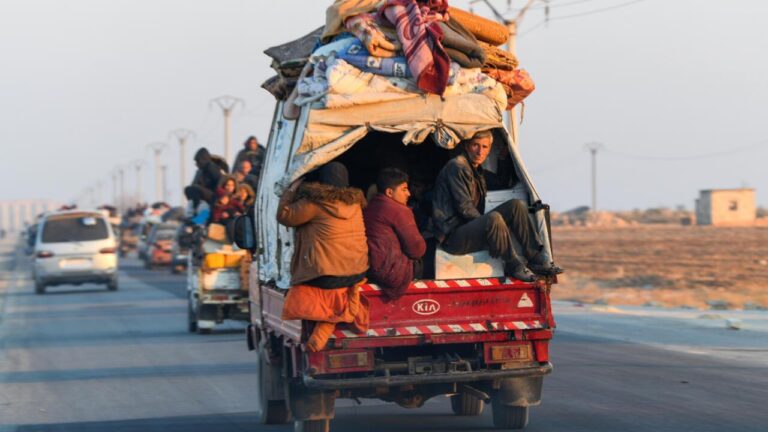Introduction
As we approach 2025, global dynamics continue to shift rapidly. This makes it essential for individuals and organizations to stay informed about potential crises. Awareness can help in preparing and responding effectively to unforeseen challenges.
Climate Change and Its Increasing Impact
Climate change remains one of the most pressing issues of our times. In 2025, we may witness stronger hurricanes, debilitating droughts, and severe heatwaves. The consequences of inaction can be devastating for communities worldwide.
Resource Scarcity
As populations grow, competition for resources like water and food will escalate. We can expect increased tensions in regions already struggling with scarcity. This situation could exacerbate existing conflicts and lead to humanitarian crises.
Geopolitical Tensions
Geopolitical instability is on the rise, with relations between powerful nations becoming increasingly strained. This could lead to military confrontations or trade wars. Keeping an eye on international affairs is crucial as these developments unfold.
Economic Recession
The global economy faces various challenges, including inflation, unemployment, and supply chain disruptions. Experts warn that a recession could be looming by 2025. This would have ripple effects on global markets and communities.
Technological Disruption
The rapid advancement of technology brings both opportunities and threats. By 2025, we may see significant disruptions caused by artificial intelligence and automation. These changes could lead to job losses and ethical dilemmas that society will have to face.
Healthcare Crises
The COVID-19 pandemic has highlighted vulnerabilities in healthcare systems across the globe. As we move towards 2025, there is a real risk of emerging health crises, including antibiotic resistance and viral outbreaks. Investing in healthcare infrastructure is critical for future resilience.
Socioeconomic Inequality
Socioeconomic disparities are widening, leading to unrest and dissatisfaction among marginalized communities. By 2025, we could face heightened social tensions and calls for reform. Addressing inequality has become a pressing issue for all societies.
Food Insecurity
Food security is under threat due to climate change, conflict, and economic instability. In 2025, millions may face hunger and malnutrition as global supply chains remain fragile. It’s vital to adopt sustainable agricultural practices to mitigate this crisis.
Conclusion
Being aware of potential crises allows us to prepare and adapt to the future. The challenges of 2025 demand urgent attention and action from all of us. For a detailed overview of the crises to keep an eye on, visit CARE’s comprehensive list. By understanding these issues, we can work together towards resilient solutions.

